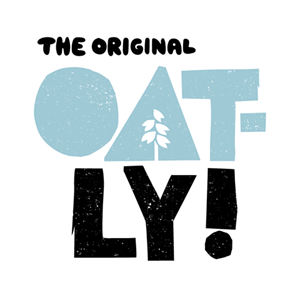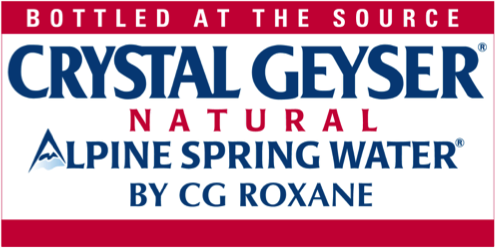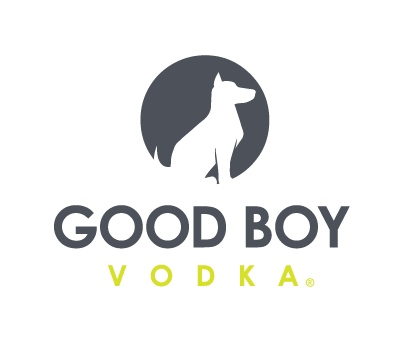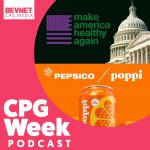Oatly CEO Petersson: “We’re Market Leaders”
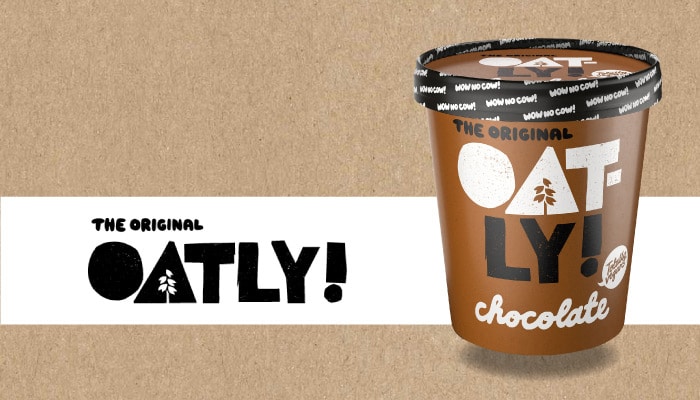
On Tuesday, Oatly closed one of the largest food and beverage financing deals of the year when it announced a $200 million funding round led by Blackstone Growth. The round positions the Swedish oat milk maker for a global expansion that will give the company a stronger market share of the plant-based milk category in North America, Europe and Asia.
Oatly represents the third nine-digit fundraise for a dairy alternative food and beverage company this year, following Califia Farms’ $225 million Series D round in January and a $160 million round for lab-produced dairy maker Perfect Day earlier this month. The increased investor interest in the space comes as non-dairy milks continue to rise in popularity as traditional dairy producers have struggled against the increased competition.
Speaking with BevNET last week, Oatly CEO Toni Petersson said the financing represents a diversification of the company’s ownership structure, bringing in an American firm that will work directly with its European and Asian arms. The U.S., he said, has swiftly become Oatly’s largest and fastest growing sales market.
According to market research firm IRI, retail dollar sales of the company’s oat milks have grown 349.7% to over $30 million in the 52-week period ending June 14. Oatly launched in the U.S. in 2018. Until recently, it had taken a slow rolling approach to introducing new innovations, but the company has recently debuted product lines which had only been available globally, including ice cream alternative oat-based frozen desserts and, as of this month, Oatgurt.
“For us, basically, what this financing is about is to get more capacity,” Petersson said. “It’s been massive, the growth, and we just need to accelerate that even further to keep up with the demand that we have.”
In January, Oatly U.S. general manager Mike Messersmith said the brand intends to double or triple its footprint in the U.S., a goal that Petersson reaffirmed. Two new production facilities have opened this summer — a 30,000 sq. ft. plant in Millville, New Jersey and a second, 125,000 sq. ft. plant in Ogden, Utah which is expected to begin operations this summer. However, those two U.S. facilities are only the starting point for Oatly’s global production investment: in addition to its existing Swedish location, a new plant in the Netherlands is expected to open by the end of the year and another in Singapore will go online in 2021.
According to Petersson, the five plants should supply materials for Oatly’s growth for roughly the next two years, but additional facilities — including a third U.S. location — are anticipated.
The increased capacity has also created the need to refine the company’s supply chain. Predicting that Oatly will become one of the global “major players in oats for food,” Peterssen said the company is working with farms to increase milling capacity and encouraging more farms to plant oats.
“We’re market leaders, we’ve grown heavily and you can look at the velocity — absolutely fantastic numbers, but we only have 19% ACV [in the U.S.]” he said. “If you look at opportunity, there’s so much more for us to go for.”
In addition to Blackstone Growth, the financing round also saw investments from a number of high profile investors, including former Starbucks CEO Howard Schultz, Oprah Winfrey, actress Natalie Portman and Roc Nation, the entertainment agency founded by rapper Jay-Z. While the investors will have input into Oatly’s strategy, Petersson said they will operate as traditional individual investors and will not serve as spokespersons for the company.
“We are a grassroots brand and that’s how we build our brand,” he said. “We’re not a celebrity brand in that sense. So we don’t have anything else beyond them being investors and supporting Oatly and being consumers of Oatly and believing in the values that we have. So if that will lead to something else then time will tell, but there’s nothing in mind.”
Even Schultz, who as the chairman emeritus of Starbucks will be able to provide the company with more specific insights into the global beverage market, will likely play a hands-off role, Petersson said. However, his involvement comes as Oatly has expanded its partnership with the cafe chain. In January, Oatly began a test run with Starbucks stores in the Midwest; it is now also served in Southern California and China locations.
Building on its Starbucks momentum, Petersson said, the brand will continue to focus on broader expansion in the on-premise channel, even as the COVID-19 pandemic impacts smaller chains and independent stores. The company is currently exploring programs to aid struggling stores during the crisis. As well, he said Oatly is exploring additional synergies with the coffee space (the brand has a line of oat milk lattes available in Sweden, though Petersson did not say if they will make an international launch).
Petersson said Oatly will continue to roll out new innovations in the U.S., including existing international products as well as new lines developed just for the North American market.
“The pace is going to increase, for sure,” he said. “And what I think is unique with us, as well, is we can rapidly launch products beyond just plant-based milk, we have the full range of dairy alternative products.”
Another area the financing will support is Oatly’s sustainability mission, including making all of its production facilities carbon neutral and encouraging an industry-wide shift towards environmentalism. The brand has supported initiatives to implement stricter laws on carbon emissions globally and is working to encourage other large CPG companies to follow suit. Oatly is also working with UNESCO to reduce the carbon footprint in agriculture.
“This shift from animal-based to plant-based diets — that’s huge,” he said. “But also the way we are growing crops has to change at a large scale…. We need to lower the carbon footprint, increase the output of the amount of people who can feed from that farm, and at the same time, make that farm more profitable. And that is all by going more into plant-based.”

